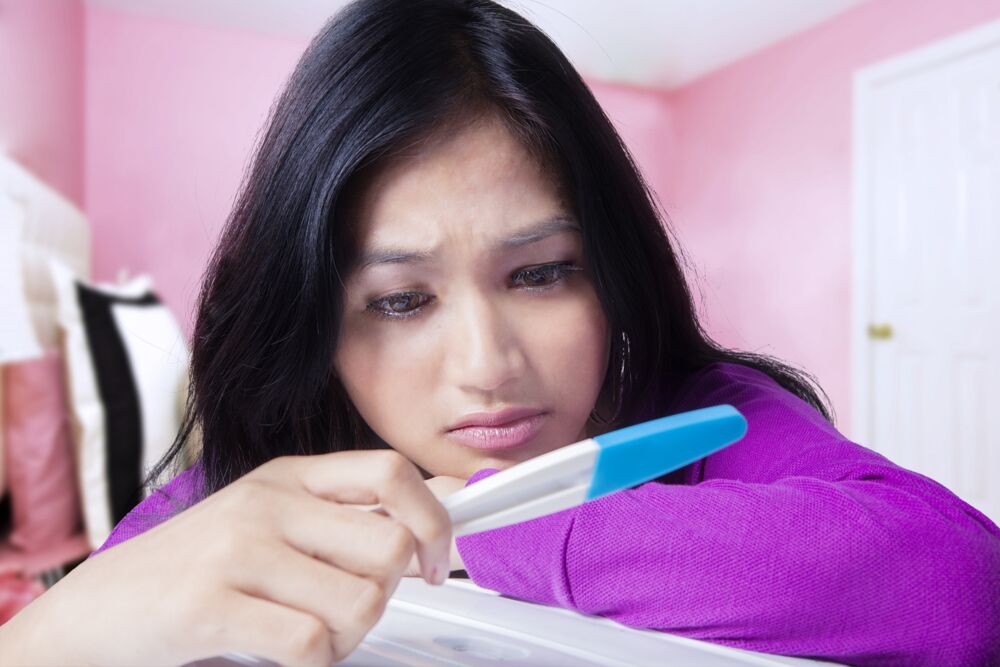How home pregnancy tests work
The home pregnancy tests help you to determine if you’re pregnant at a very early stage.
These tests detect the presence of the “pregnancy hormone” called human chorionic gonadotropin (hCG) in your urine. Your body makes this hormone when a fertilized egg is implanted in your uterus.
For the most accurate result, take the test 5–10 days after your period was due.



